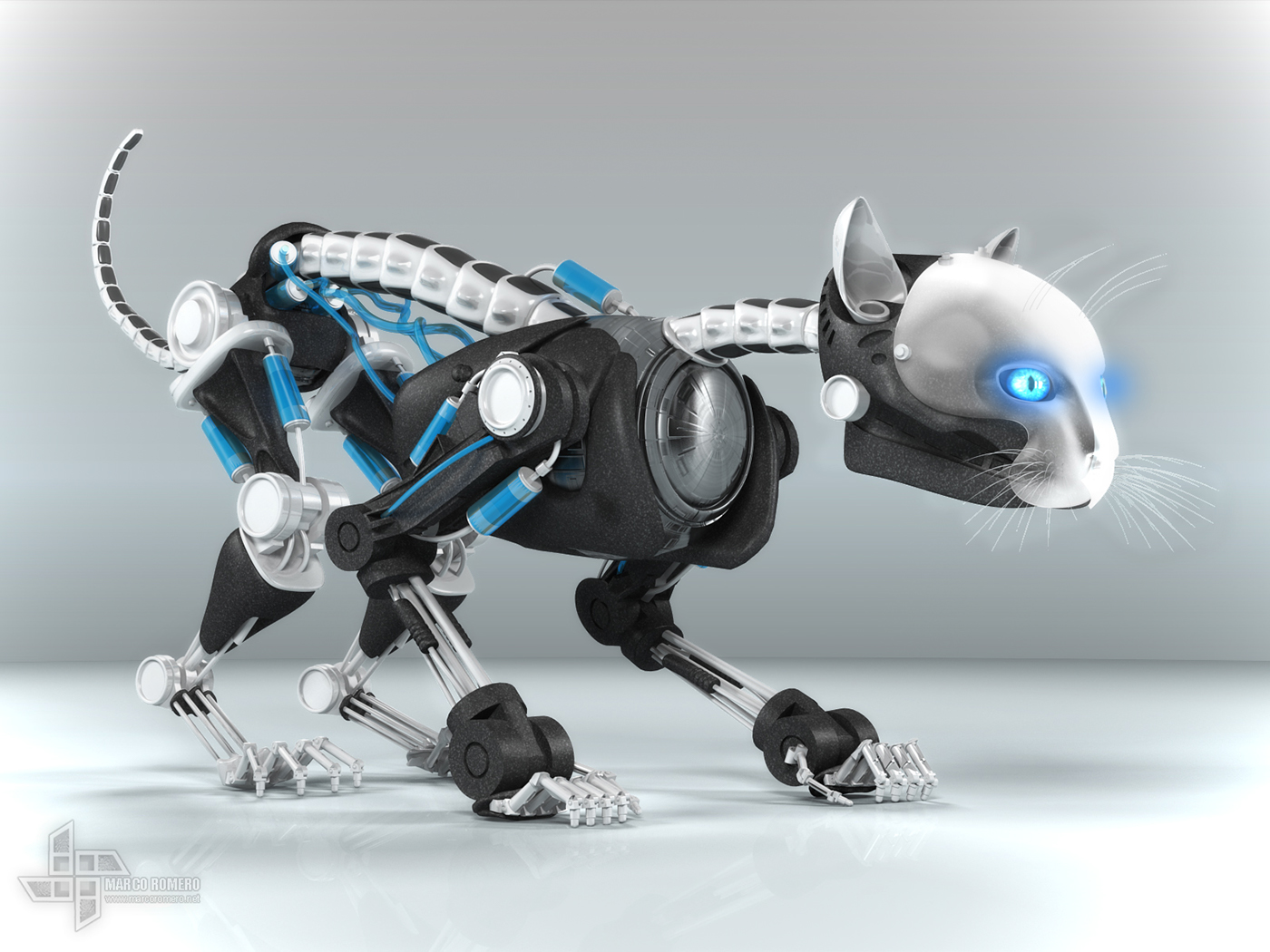In the realm of cutting-edge advancements in robotics, Google DeepMind has developed an extraordinary self-learning agent called RoboCat. This groundbreaking innovation has the potential to revolutionize the field of robotics by pushing the boundaries of what machines can achieve.
RoboCat represents a significant leap forward in the pursuit of creating intelligent, adaptable, and autonomous robotic systems. Let’s delve into the world of RoboCat and explore its remarkable capabilities and the transformative impact it could have on robotics.
RoboCat is the brainchild of Google DeepMind, an AI research lab known for its groundbreaking achievements in machine learning. Inspired by the remarkable capabilities of feline creatures, the team at DeepMind aimed to develop a robotic agent that could learn and adapt to its environment. Through trial and error, RoboCat gradually refines its actions, optimizing its performance and adapting to various scenarios. This iterative learning process enables the agent to acquire new skills and continuously enhance its capabilities.
Its sensor suite comprises high-resolution cameras, LIDAR systems, and sophisticated tactile sensors, allowing it to perceive the world with remarkable precision. Combined with its powerful computational algorithms, RoboCat can recognize objects, navigate complex environments, and interact with both physical and digital entities.
RoboCat is a foundation agent for robotic manipulation as such it can perform many tasks with multiple robot types and it can adapt quickly to previously unseen types of robots and skills. We can communicate a task we want RoboCat to perform on any robot by showing it a desired configuration of objects to one of the cameras – this becomes the agent’s goal.
the company highlighted in its demonstration clip.
DeepMind’s official statement highlights that traditional robots are typically programmed for specific tasks, but with the advancements in AI, there is potential for robots to expand their capabilities and undertake a broader range of tasks. DeepMind acknowledges that progress in developing general-purpose robots has been hindered by the extensive time required to gather real-world training data.
RoboCat, the self-learning agent developed by Google DeepMind, holds immense potential to transform the world of robotics. With its ability to learn, adapt, and perform intricate tasks, it represents a significant step forward in creating advanced robotic systems.









